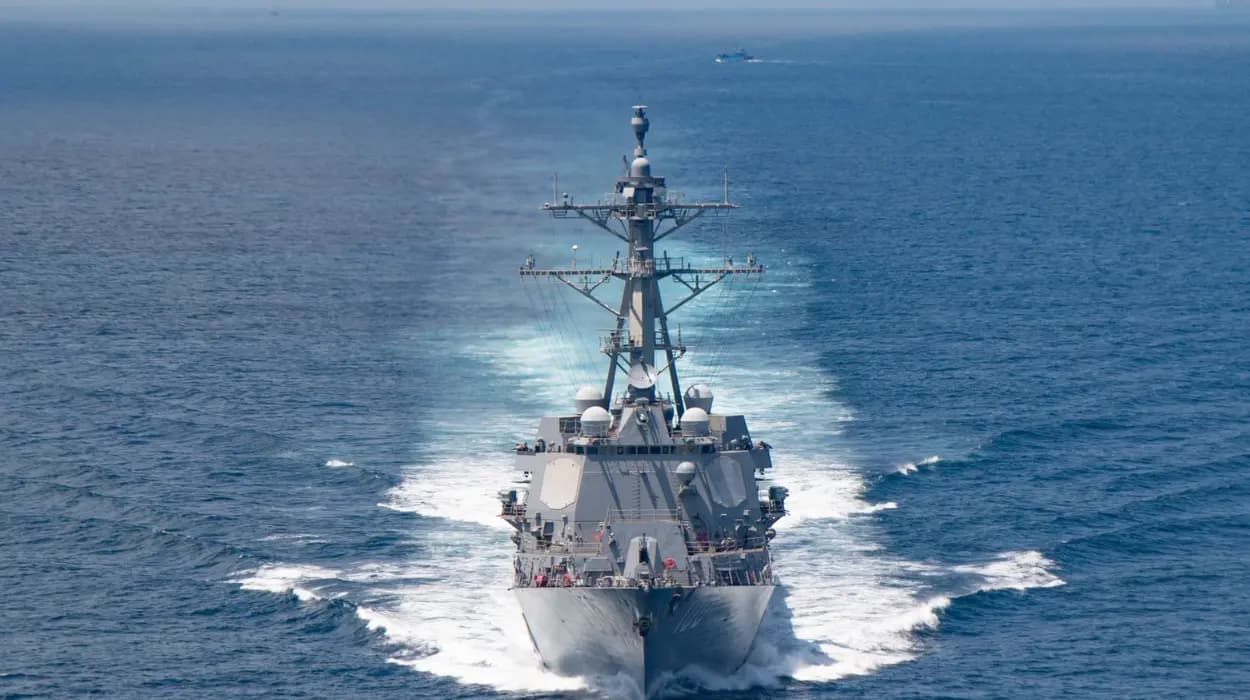Summary
- Trump administration plans to send two Caribbean strike survivors overseas.
- Survivors will be repatriated to their home countries, Ecuador and Colombia.
- Decision avoids long-term military detention or U.S. legal challenges.
The survivors were being flown to Ecuador and Colombia, according to the source, who, like the US officials, spoke on condition of anonymity.
After the attack on their semi-submersible vessel, which was suspected of trafficking illegal drugs, the US military organized a helicopter rescue for the survivors on Thursday. The other two crew members on board were killed in the strike, sources told Reuters on Friday.
The survivors were transported by the US Navy to a vessel in the Caribbean, where they were held until at least Friday night. As of Saturday morning, it was unclear whether they had been flown off the ship already.
The survivors will eventually be returned to their home countries, according to US officials who spoke on condition of anonymity.
Legal experts suggest that by sending the survivors home, the US military will avoid having to deal with difficult legal problems related to military imprisonment of suspected drug traffickers whose claimed crimes do not cleanly fall under the laws of war.
The strike was against
"a drug-carrying submarine built specifically for the transportation of massive amounts of drugs,"
Trump told reporters during his Friday speech.
Regarding the number of people killed or surviving the strike, he remained silent.
A request for comment was not immediately answered by the Pentagon, which has not yet provided any information about the strike. A request for comment was not immediately answered by the White House.
Some legal experts and Democratic senators are alarmed by the Trump administration's claims that the earlier strikes killed 27 people, and they wonder if they follow the laws of war.
As Trump intensifies a standoff with the Venezuelan regime, the strikes coincide with a US military buildup in the Caribbean that includes some 6,500 troops, F-35 fighter jets, a nuclear submarine, and guided missile destroyers.
Trump revealed on Wednesday that he has given the CIA permission to carry out secret operations inside Venezuela.
In addition to condemning the US boat strikes as a pretext for regime change and denying any involvement in drug smuggling, Maduro has characterized them as breaches of international law and sovereignty.
Venezuela's ambassador to the UN, Samuel Moncada, wrote a letter to the 15-member security council this week, which Reuters was able to view. In the letter, he requested that the UN declare the US strikes near Venezuela's coast to be unlawful and release a statement supporting Venezuela's sovereignty.
How does this military operation fit into US drug interdiction strategies?
The recent military operation by the United States against suspected drug trafficking vessels in the Caribbean represents a significant intensification of broader U.S. drug interdiction operations. Historically, drug interdiction in maritime areas have primarily been conducted by the U.S. Coast Guard, which has law enforcement authorities and performs law enforcement missions that consist of stop-and-board to suspected vessels.
The Trump administration's decision to undertake live fire missile strikes on suspected narcotics semi-submersibles without warning, while crews were aboard the vessel, ABAE represents a departure from traditional law enforcement interdictions to a more militarized approach to drug interdictions.
This change is consistent with the administration's recent designation of the United States as being in a "non-international armed conflict" with drug cartels, which allows the use of military force operations.

